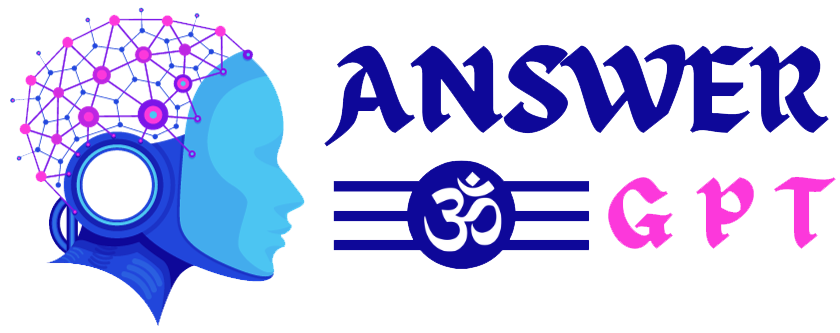1. Who coined the term “Human Resource Development” (HRD):
a. Hamlin and Stewart
b. Leonard Nadler
c. Robert Owen
d. Fomburn
Answer :- b
2. Which of the following is not a challenge for HRD professionals?
a. Stagnant workforce demographic
b. Competing in the global economy
c. Eliminating the skill gap
d. Need for lifelong learning
Answer :- a
3. Which of the following definitions of HRD is correct?
a. Human resource development is the process of increasing the capacity of the human resource through development
b. Human resource development is fostering short-term work-related learning capacity at individual, group, and organizational level
c. A set of systematic and planned activities designed by an organization to provide its members with the necessary skills to meet the financial demands of the organization
d. Human resource development is fostering short-term work-related learning capacity at an organizational level
Answer :- a
4. Who suggested 5 principles of Organizational learning?
a. Robert Owen
b. T.V Rao
c. Peter Senge
d. Chris Argyris
Answer :- c
5. Which of the following is not one of the 5 learning organization principles?
a. individual learnings
b. personal mastery
c. shared visions
d. system thinking
Answer :- a
6. Employee orientation and coaching are primarily related to which of the following functions of HRD:
a. Scholarship
b. Organizational development
c. Training
d. Personal growth
Answer :- c
7. What improves an organization’s effectiveness and member’s well-being by applying behavioral science concepts ?
a. organization learning
b. Organizational Development
c. Education
d. Counselling
Answer :- b
8. Professional associations, government departments, and voluntary organizations represent HRD at the:
a. micro level
b. individual level
c. macro level
d. both macro and micro levels
Answer :- c
9. Which of the following is correct in the context of HRD?
a. reactiveness
b. routine
c. administrative
d. proactiveness
Answer :- d
10. From an Organizational perspective, how many performance variables are there:
a. 9
b.12
c. 6
d.18
Answer :- a
11. Which of the following is the role of the supervisor in HRD?
a. On-the-job training
b. Off-the-job training
c. Research
d. Promotes HRD as a profit enhancer
Answer :- a
12. In which role does the HRD professional implement coaching activities:
a. HRD professional as instructor
b. HRD professional as consultant
C. HRD professional as researcher
d. HRD professional as an executive
Answer :- b
13. Which of the following is true in the context of HRM:
a. Effective utilization of people for better performance
b. Creative and continuous process
c. Concerned with developing knowledge, skills, and attitudes to improve
performance and behavior
d. Developing the competence of the people
Answer :- a
14. Which of the options defines “career development”:
a. process by which groups progress through single change actions to achieve their professional achievement as per the organization
b. Developing the skills and attitude not directly related to the job linked to personal growth and development:
c. process of improving an organization’s effectiveness and member’s well-being through the application of behavioral science concepts
d. process by which individuals progress through a series of changes until they achieve their maximum achievement.
Answer :- d
15. Which of the following is not one of the core principles of andragogy:
a. Motivation
b. Self-concept of learner
c. Forced conditioning of learner
d. Readiness to learn and practice
Answer :- c
